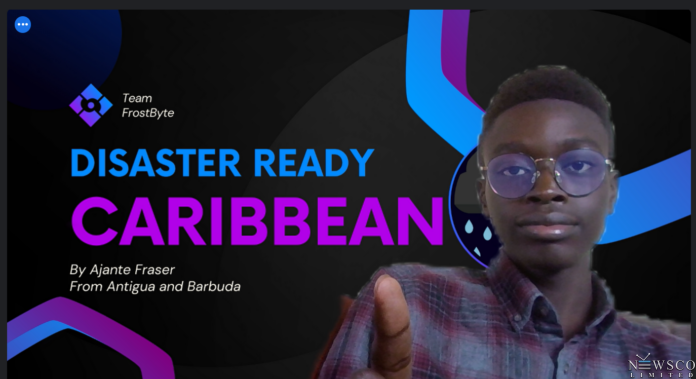
By Robert A Emmanuel
Five young Antiguans and Barbudans showed off their technical and coding skills to the region by picking up an impressive six medals at this year’s Caribbean STEM Olympiads.
Hosted by the Caribbean Science Foundation, this is the second annual Olympiads with a total of 131 students from 11 Caribbean countries registered, and 39 teams (83 students) making it to the finals.
D’Chaiya Emmanuel, Emmanuel Chiddick, Ajante Fraser, Adrian Judnarine and Saiyan Jacobs all represented the country in the virtual competition, with Antigua and Barbuda picking up the second-most medals this year—behind Jamaica with eight medals.
Antigua and Barbuda took a clean sweep of the awards in the Computer Coding Olympiad Level 3 category with Fraser, Chiddick and Emmanuel as part of team ‘The Pennies’, taking silver with their app ‘PennyWise’.
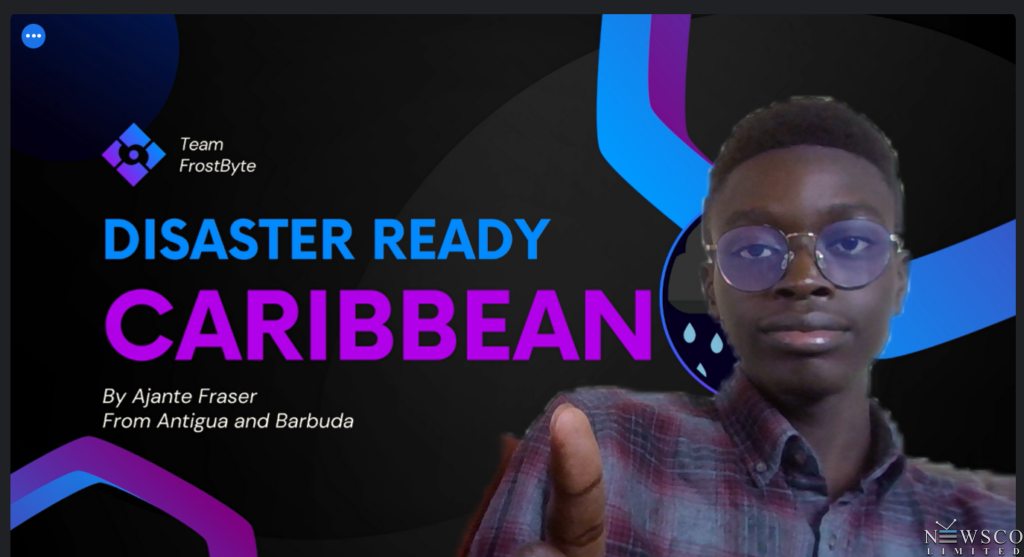
Jacobs from the Antigua State College tied for gold with the app ‘Weather Monitor’, joining Judnarine from the Patrick Lake Learning Institution who designed ‘Mindful Mate’.
Observer reached out to D’Chaiya Emmanuel, asking how she felt after copping silver.
“I am content with it, honestly, like it’s really pushing me to improve my coding skills and see where we fell off,” she said.
She added that each competitor was judged in areas such as innovation, presentation, and the relevance of the software.
“The only category we fell off in was technical merit, so I guess the judges weren’t too impressed with the technical aspects of it, however, we got a lot of marks on the social impact it could have,” she revealed.
PennyWise, she told Observer, is a financial literacy app, as well as an e-marketplace for people and businesses across the region.
“It’s all about financial technology and what we tried to do was find the intersection between businesses and also the general population, so we wanted to have a common ground for local and regional businesses, and also provide resources such as financial literacy courses with budgeting features for the local people so that they can use these resources to make better financial decisions,” she explained.
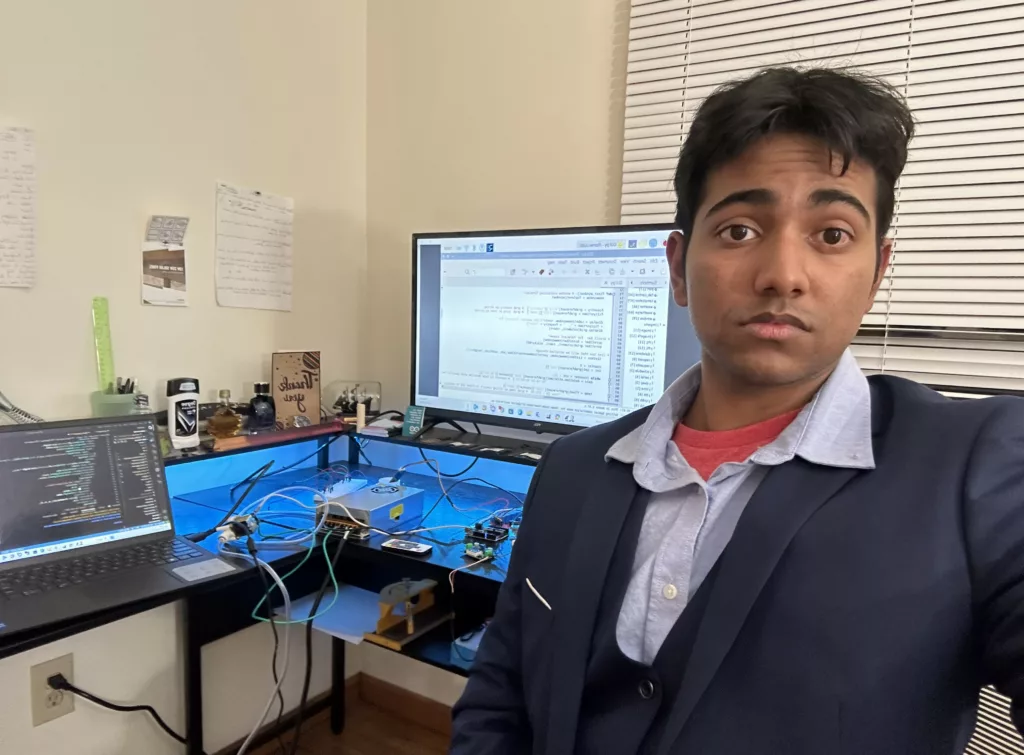
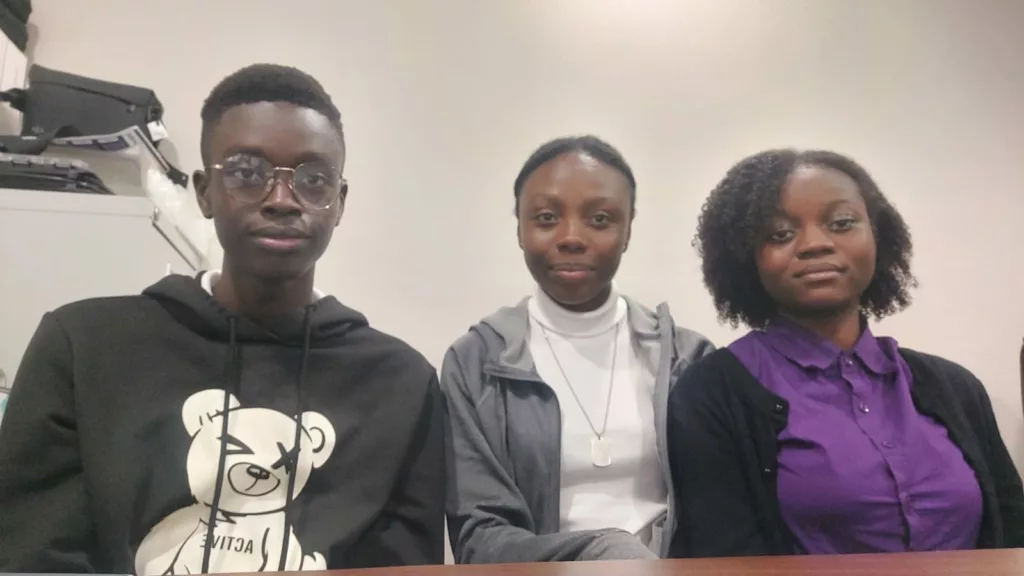
The young coder said that she has had a passion for technology since childhood, joining groups like the Society of Women Coders and even starting her own group, Luna Tech Antigua, which teaches young girls how to code.
Having joined the competition last year, where she and her team won a gold medal, she expressed that the Olympiad was a way to hone her skills.
She added that she hoped to use her experiences and skills in the future to create a better and safer technology space in the Caribbean.
“In the future, I’m really looking forward to creating other software and maybe even putting an app on the Google Play store, but I’m not too sure about the topic for now.
“I really just have to thank my team, Ajante and [Emmanuel Chiddick] because they really put their all into this, and although we got marked off for technical aspect, our app had over 600 lines of code that we really collaborated with each other to make this app what it is today,” she noted.
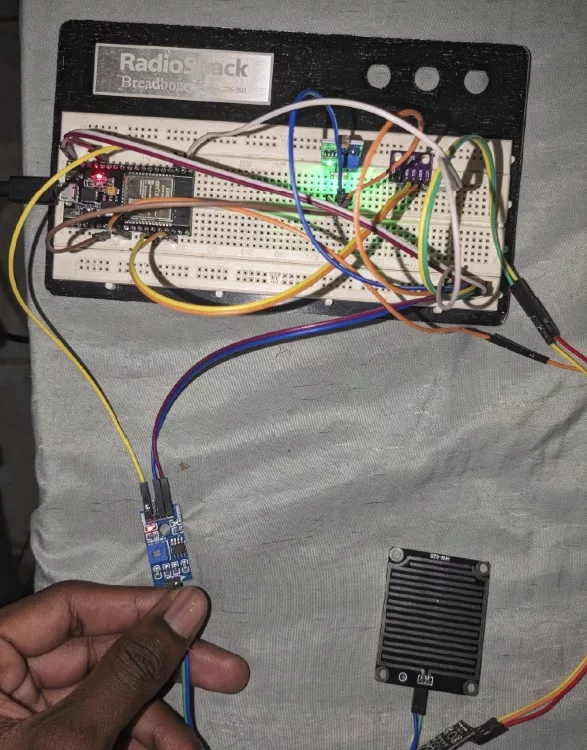
Meanwhile, UWI student Fraser with a ‘Disaster Ready Caribbean’ project, won gold in the Level 2 of the Computer Coding Olympiad, while Judnarine won bronze with his project ‘Get There’.
Judnarine also won bronze in Level 2 of the Robotics Olympiad with a solar tracker.
Individuals and teams representing educational institutions, clubs or themselves competed in the Math Olympiad, Computer Coding Olympiad, and Robotics Olympiad at three different age levels—12 – 15, 16 – 18 and 19 – 21.
The Math Olympiad was held in a Jeopardy-style format and covered topics ranging from consumer arithmetic to vector calculus.
The Computer Coding Olympiad tasked applicants with creating apps, games, and websites aimed at solving a challenge faced by Caribbean communities.
The challenges tackled by teams in the 2024 Olympiads included geo-hazards and climate change, inter and intra-country transportation, public health, non-communicable diseases, crime, and money movement and financial education.
The Robotics Olympiad tasked applicants with building innovative robots from kits at Level 1, and complex robots starting from scratch with a set of random parts at Level 3.
